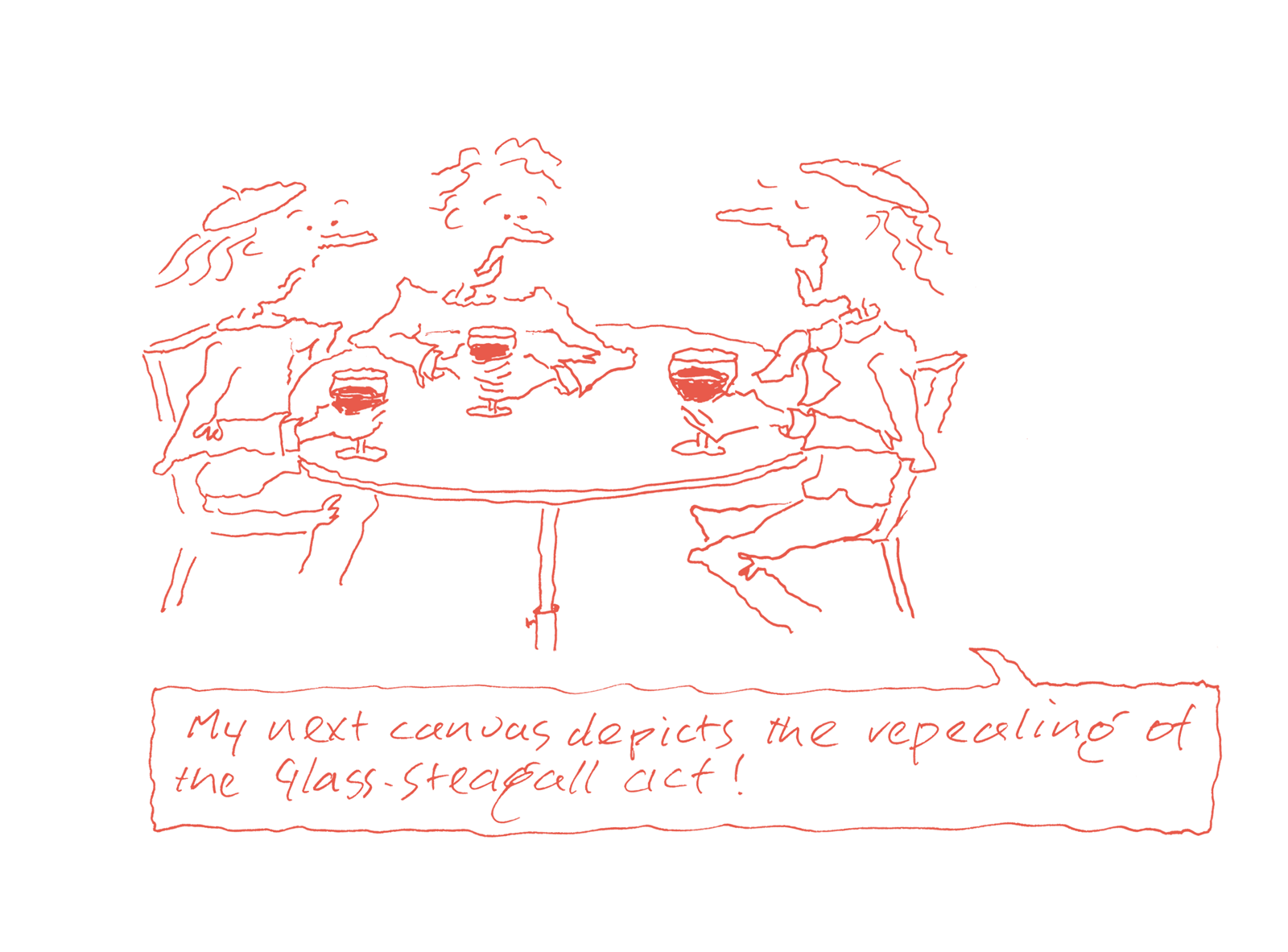
No, this book is not being sponsored in part or in any other way by that distinguished magazine.
So why am I suggesting you read it?
Well, for a number of reasons. First, it’s important to consume information from unusual sources. We’re always looking for inspiration, right? Well, if you only read creative journals, only visit the popular art galleries, and only see the same films, plays, and performances as everyone else, you’ll soon start thinking like everyone else.
I’m not saying don’t go out and do those things.
Please do. In fact, I’m imploring you to do so.
But what I’d like you to do is flavor those experiences with something else. Something different and unexpected. Something that expands your knowledge and appreciation of other types of creativity.
In the end, everything is connected and the more connections you make the more interesting your work will become. Being fascinated by everything is a surefire way to feed the creative soul – even if that means reading a magazine dedicated to economics. Which incidentally I would argue is more of an art than a science.
There is a second reason for reading The Economist. One day you may find yourself commissioned by a financial company, business, or enterprise to create a campaign or design for them. When it comes time to pitch, you’ll be amazed by how powerful your persuasion skills have become simply because you understand a little more about the field and what drives it.
It’s no good having great ideas if you can’t sell them.
More on that later.